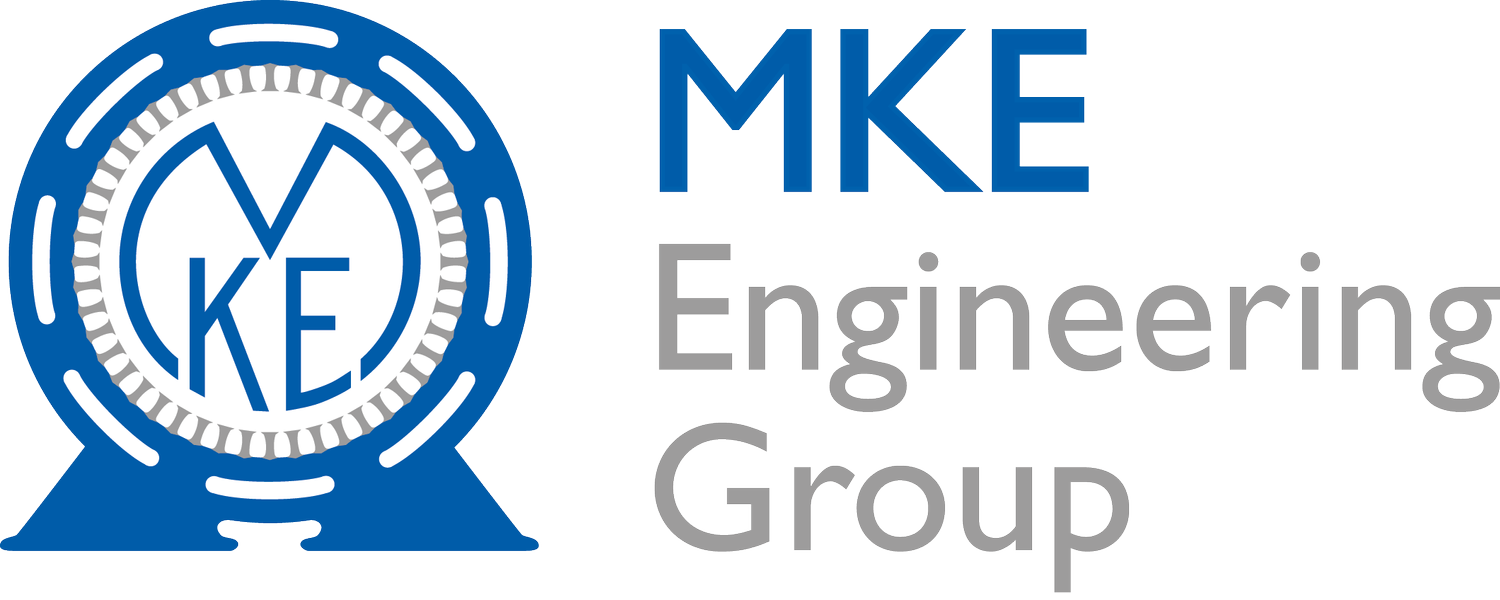Reducing Downtime: Strategies for Maximising Engineering Efficiency
Discover proven strategies for reducing downtime in engineering operations, and learn how MKE's expertise in engineering solutions can minimise downtime and optimise efficiency throughout the South of England.
Downtime, whether planned or unplanned, can have a significant impact on the productivity, efficiency, and profitability of engineering operations. In order to maintain a competitive edge and optimise performance, organisations must implement downtime reduction strategies that not only minimise disruptions to their operations but also complement their long-term objectives. Drawing from vast expertise in engineering excellence across the South of England, MKE offers valuable insights into effective approaches for reducing downtime for engineering businesses.
In this article, we will explore several crucial strategies for minimising downtime and enhancing engineering efficiency. By implementing these approaches, you can ensure the smooth operation of your engineering systems, reduce unnecessary costs, and increase overall productivity. Trust in MKE's expertise as we guide your business towards effective downtime reduction and the achievement of engineering excellence.
What is Condition Monitoring?
Condition monitoring is a systematic approach to keeping track of the real-time performance, health, and operational status of machinery or equipment. The primary goal of condition monitoring is to detect and diagnose potential issues or failures before they escalate and cause significant downtime, ensuring the continued efficiency and reliability of engineering operations. Various techniques can be used for condition monitoring, such as vibration analysis, thermal imaging, and oil analysis, each providing valuable insights into the condition of assets and helping to identify issues in their early stages. By implementing an effective condition monitoring programme, organisations can optimise preventive maintenance scheduling, reduce downtime, and extend the lifespan of their equipment, ultimately leading to increased productivity and cost savings.
Implementing a Comprehensive Preventive Maintenance Programme
Preventive maintenance is a key strategy for reducing downtime in engineering operations. By proactively maintaining and servicing equipment on a regular basis, businesses can minimise the risk of unexpected failures, which can lead to costly downtimes. A comprehensive preventive maintenance programme involves:
Regular inspections: Periodic examination of equipment and machinery to check for any signs of wear and tear, with necessary repairs or replacements undertaken.
Scheduled services: Perform routine maintenance tasks, such as lubrication, calibration, and cleaning to maintain equipment efficiency.
Performance monitoring: Keep tabs on equipment performance to identify potential issues and address them effectively.
Record-keeping: Maintain accurate and detailed records of all maintenance activities, enabling trend analysis and facilitating future planning.
By diligently following a preventive maintenance schedule, organisations can significantly reduce breakdowns, increase equipment longevity, and, consequently, minimise downtime.
Leveraging Predictive Analytics and IoT Technology
In today's rapidly evolving technological landscape, businesses have access to advanced tools and techniques for predicting and mitigating downtime. Leveraging predictive analytics and Internet of Things (IoT) technology can be a vital component of a successful downtime reduction strategy.
IoT technology enables the seamless gathering of data from interconnected devices and sensors embedded within equipment, providing real-time information on operational conditions, performance metrics, and other relevant parameters. Combining this data with predictive analytics software and machine learning algorithms, organisations can derive valuable insights to anticipate and address potential problems before they lead to prolonged downtime.
By integrating predictive analytics and IoT solutions into your engineering operations, you can proactively identify maintenance needs, swiftly address issues before they escalate, and significantly reduce unplanned downtime.
Focusing on Employee Training and Skill Development
Skilled and knowledgeable employees are invaluable assets when it comes to reducing downtime across engineering operations. Ensuring your workforce is well-trained in equipment operation, maintenance procedures, and effective troubleshooting techniques can significantly reduce the occurrence of downtime stemming from human error. Implementing regular training and skill development programmes can not only enhance employees' competency in handling equipment but also foster adherence to best practices for maintenance, safety, and efficiency. Investing in your employees' skills through ongoing training contributes greatly to minimising downtime and optimising overall engineering performance.
Establishing Robust Inventory Management Practices
In engineering operations, adequate inventory management is crucial in reducing downtime. Companies must maintain an optimal stock of spare parts, consumables, and other essential supplies to avoid the loss of valuable production time due to equipment failure or other disruptions. Key strategies for improving inventory management and reducing downtime include:
Regular stock assessments: Conduct periodic assessments of inventory levels to ensure sufficient supplies are available when needed and minimise the risk of stockouts.
Supplier relationship management: Develop strong relationships with suppliers for timely delivery and swift resolution of potential issues.
Inventory optimisation: Employ data-driven approaches to optimise inventory levels, balancing the costs of holding stock with the risks of running out of critical assets.
By implementing these inventory management practices, organisations can effectively prepare for unforeseen equipment issues and reduce the overall impact of downtime on their operations.
MKE's Expertise in Reducing Downtime
MKE's commitment to engineering excellence extends to assisting clients in strategically reducing downtime and enhancing operational performance. With in-depth expertise in condition monitoring, preventive maintenance, and advanced engineering technologies, our team of professionals helps clients in the South of England streamline their downtime reduction strategies. Through a collaborative approach, we provide engineering solutions tailored to address the unique requirements of each client, contributing towards increased efficiency and improved productivity in various engineering sectors.
In today's fast-paced engineering environment, reducing downtime is essential for continued success and growth. By adopting these proven strategies and partnering with MKE's expertise, organisations across the South of England can effectively minimise downtime, optimise engineering performance, and achieve outstanding results in their respective markets.
Achieving Engineering Excellence with MKE's Downtime Reduction Strategies
Reducing downtime is crucial for maintaining a competitive edge, ensuring high levels of efficiency, productivity, and profitability in your engineering operations. By implementing the strategies discussed in this article, including condition monitoring, preventive maintenance, and leveraging advanced technologies, your business can effectively minimise downtime and optimise engineering performance.
Trust in MKE's expertise and experience in providing professional engineering services across the South of England to help you design and implement tailored downtime reduction strategies. Our team of professionals is dedicated to supporting your engineering excellence by continually striving for improved performance and growth. Get in touch with MKE today to discover how our expert guidance can assist you in reducing downtime, enhancing efficiency, and achieving outstanding results in your engineering operations.


